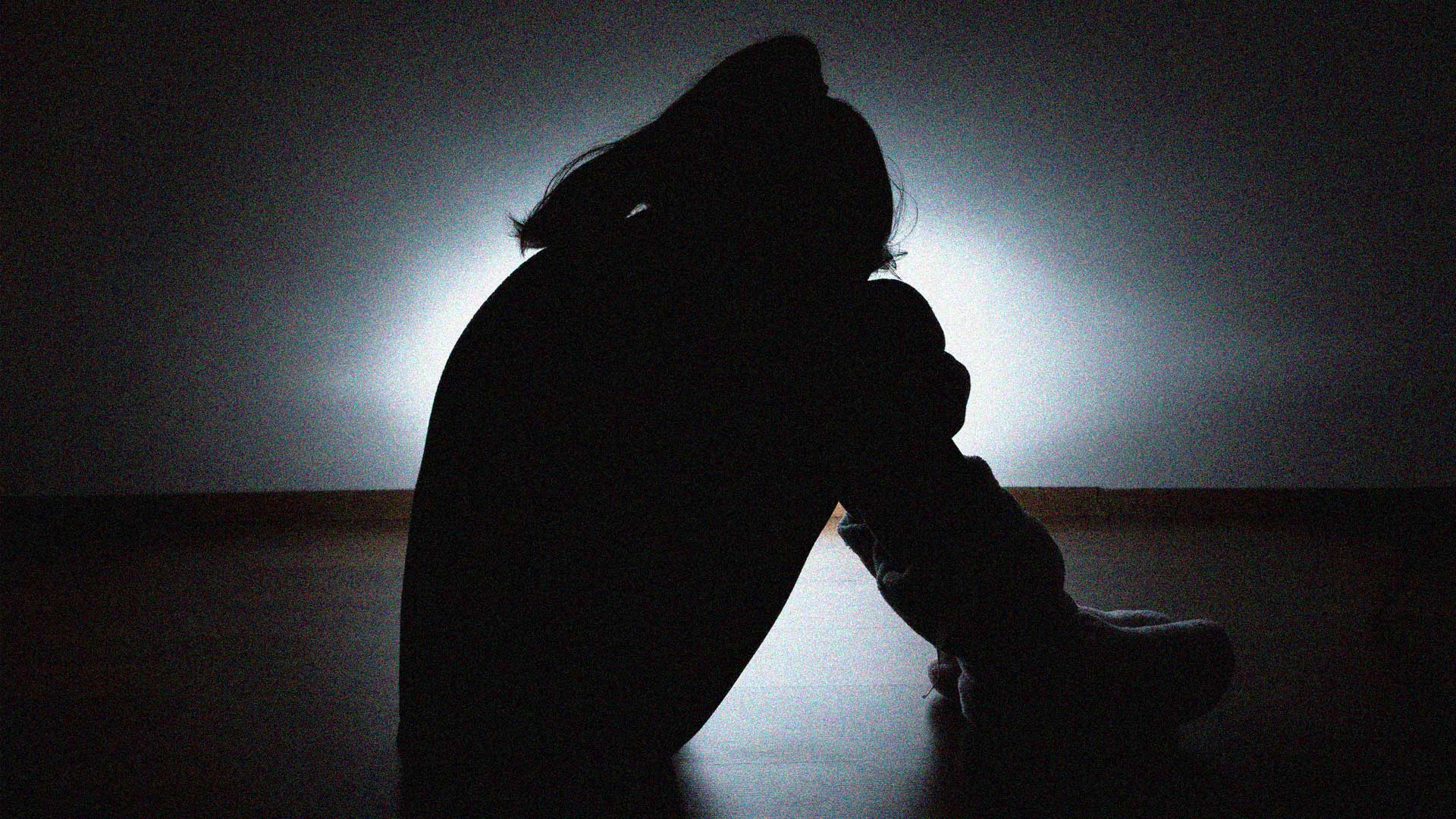
When it comes to combating child sex trafficking, Alaska is worst in the nation. This was the finding of a newly released report from Shared Hope International, a national non-profit leader in working to eradicate minor sex trafficking. Last month, the group published its annual report card detailing how each state fares in addressing this ongoing crisis.
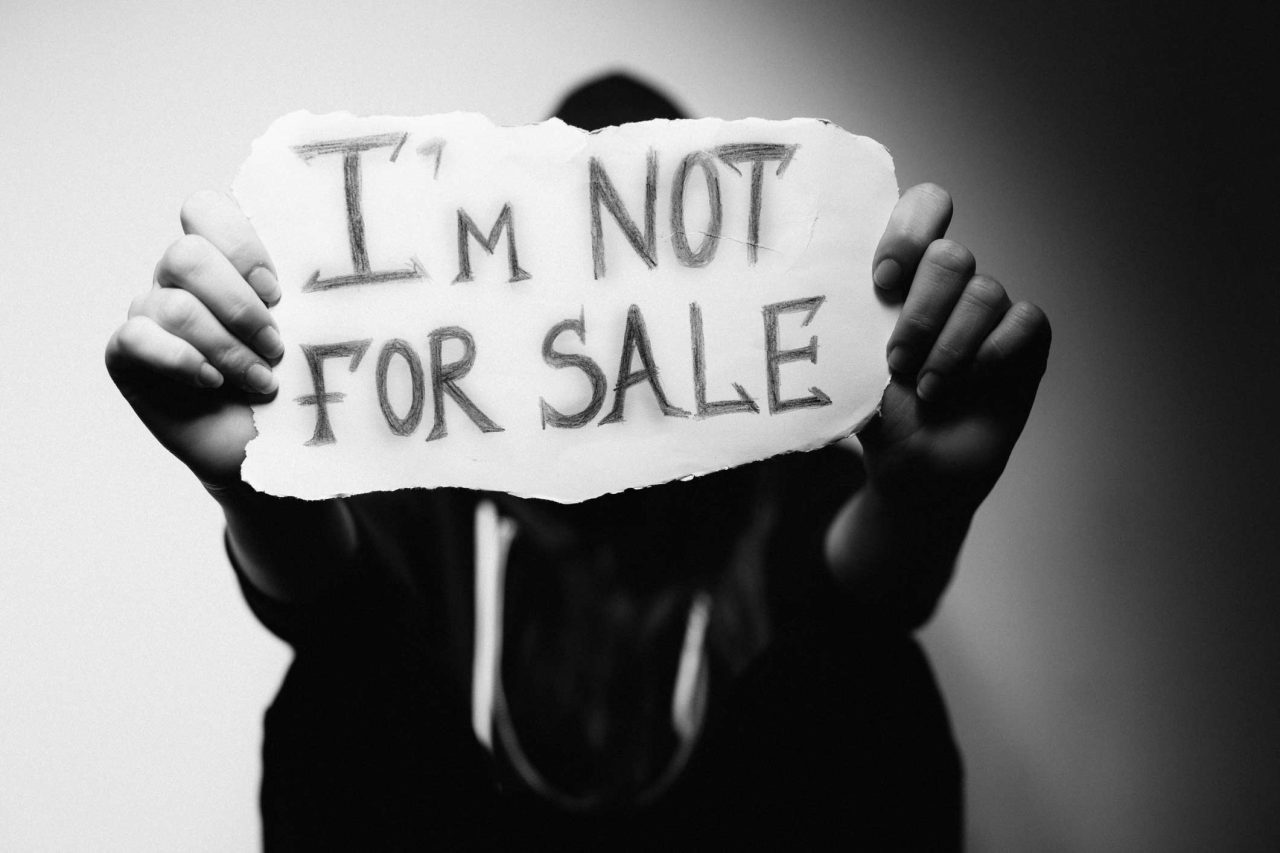
The report issued a D grade to 10 states (including the District of Columbia) and an F grade to 40 other states. Alaska landed at the very bottom, and the only state to receive a passing grade was Florida, which earned a C.
Central to Shared Hope International’s mission is ending the criminalization and incarceration of untold child sex trafficking victims who are forced into the business against their will. The aim of the annual report is to provide a blueprint for action, which can serve to motivate state legislatures to identify deficiencies in their child trafficking laws.
Eradicating child sex trafficking of underage girls is seen as key to dismantling the industry. According to the Guardian Group, which tracks sex trafficking trends across the nation, the average age of entry into the sex trade is 15 years-old, with one in in six victims being under age 12. Of the federally prosecuted sex trafficking cases in 2019 only 2.1% of the victims were males.
While sex trafficking is notoriously underreported, the National Center for Missing and Exploited Children received 17,000 reports of child sex trafficking in 2020. According to the U.S. National Human Trafficking Hotline, Alaska has averaged about 12 reported cases of child sex trafficking each year from 2015 to 2019.
Nearly a decade ago, Shared Hope developed the nation’s first legal framework that challenged states to enact laws that comprehensively address the crime of child sex trafficking.
Alaska needs to enhance its criminal provisions, identification and response to victims, continuum of care, availability to justice for survivors, access to justice for trafficking victims and prevention and training.
“When we launched the Protected Innocence Challenge – and issued the inaugural State Report Cards– the majority of states received an ‘F’ grade, reflecting the reality that many states’ laws failed to even recognize the crime of child sex trafficking,” the report states. “Over the past 10 years, we have been working to lay the foundation for transformational policy, practice, and cultural change by supporting state legislators and stakeholders to enact the minimum fabric of laws needed to address these heinous crimes. Ten years later, no state received an ‘F’ grade, and a majority of the country received an ‘A’ or ‘B.’”
For the latest report, Shared Hope upped the ante by taking a closer look at how states fare in the area of victim protection and prevention. Under the new grading system, most states failed to earn a passing grade, including Alaska.
“At the time Shared Hope first issued report cards in 2011, 26 states did not make it a crime to buy sex with a child; today every state in the country considers sex trafficking of a minor a punishable crime,” said Linda Smith, founder and president of Shared Hope. “This is the reason we provide the sometimes uncomfortable motivation of a report card. Analyzing state laws for nearly a decade has enabled us to understand where progress is concentrated and where gaps remain.”
Grades are based on an analysis of multiple legislative components that must be addressed in state laws to effectively respond to the crime of domestic minor sex trafficking.
ALASKA WATCHMAN DIRECT TO YOUR INBOX
According to the report, Alaska needs to improve in multiple areas. This includes, among others, the following:
— Greater accountability for buyers seeking underage sex.
— Better tracking of foreign national victims.
— Enhanced screening through child welfare and juvenile justice systems.
— More non-punitive services for victims.
— Increased compensation for victims.
— Exceptions to live, in-court testimony.
— Greater training for child welfare workers, juvenile justice agencies, law enforcement, prosecutors and school personnel.
— Reduced statute of limitations for those accused of sex trafficking youth.
In general, Alaska needs to enhance its criminal provisions, identification and response to victims, continuum of care, availability to justice for survivors, access to justice for trafficking victims and prevention and training.
While laudable progress has been made across the nation, including in Alaska, with the passage of laws to criminalize selling and purchasing sex with a minor, child and youth victims often are still regularly denied access to justice and restorative services outside of the juvenile justice system, the report claims.
“We are asking states to respond to exploited youth as victims of a serious crime,” said Smith. “We recognize changing victim protection laws is a heavy lift and providing services presents resource challenges. Regardless, some states are taking the lead on this and we’re confident others will learn from their example.”
LEARN MORE
Click here to read the report on Alaska’s response to child sex trafficking.
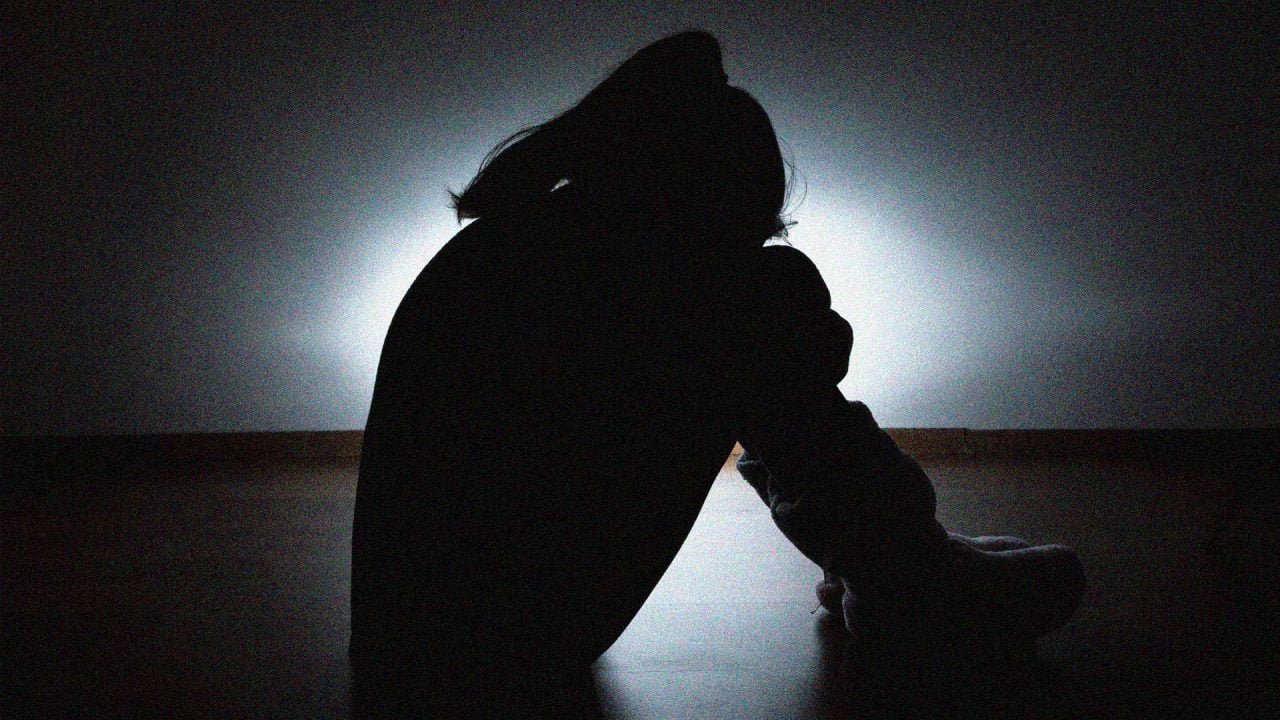
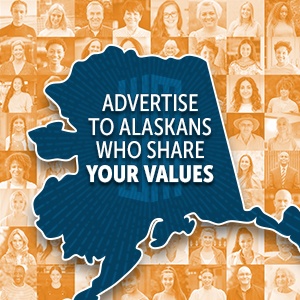
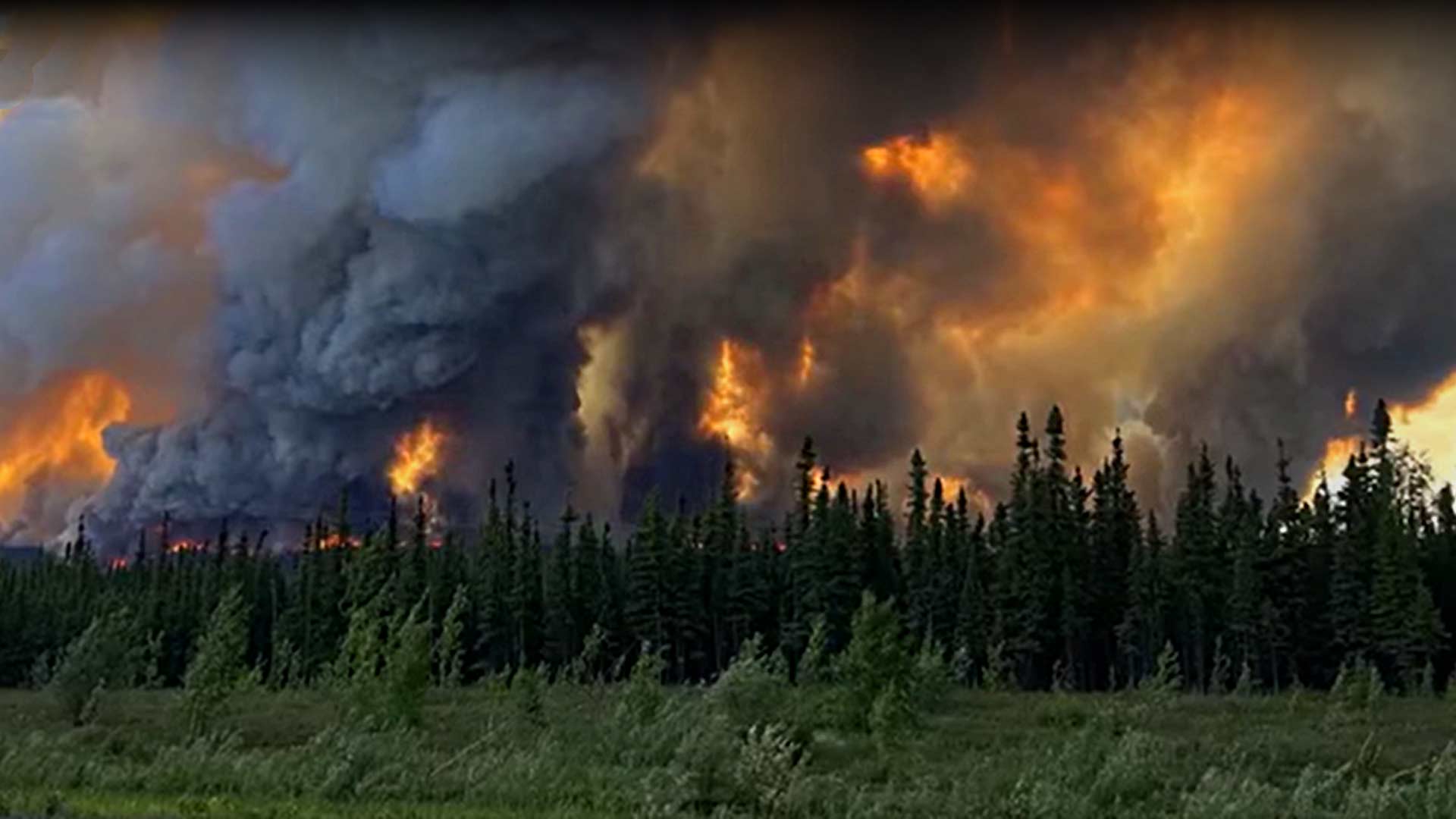
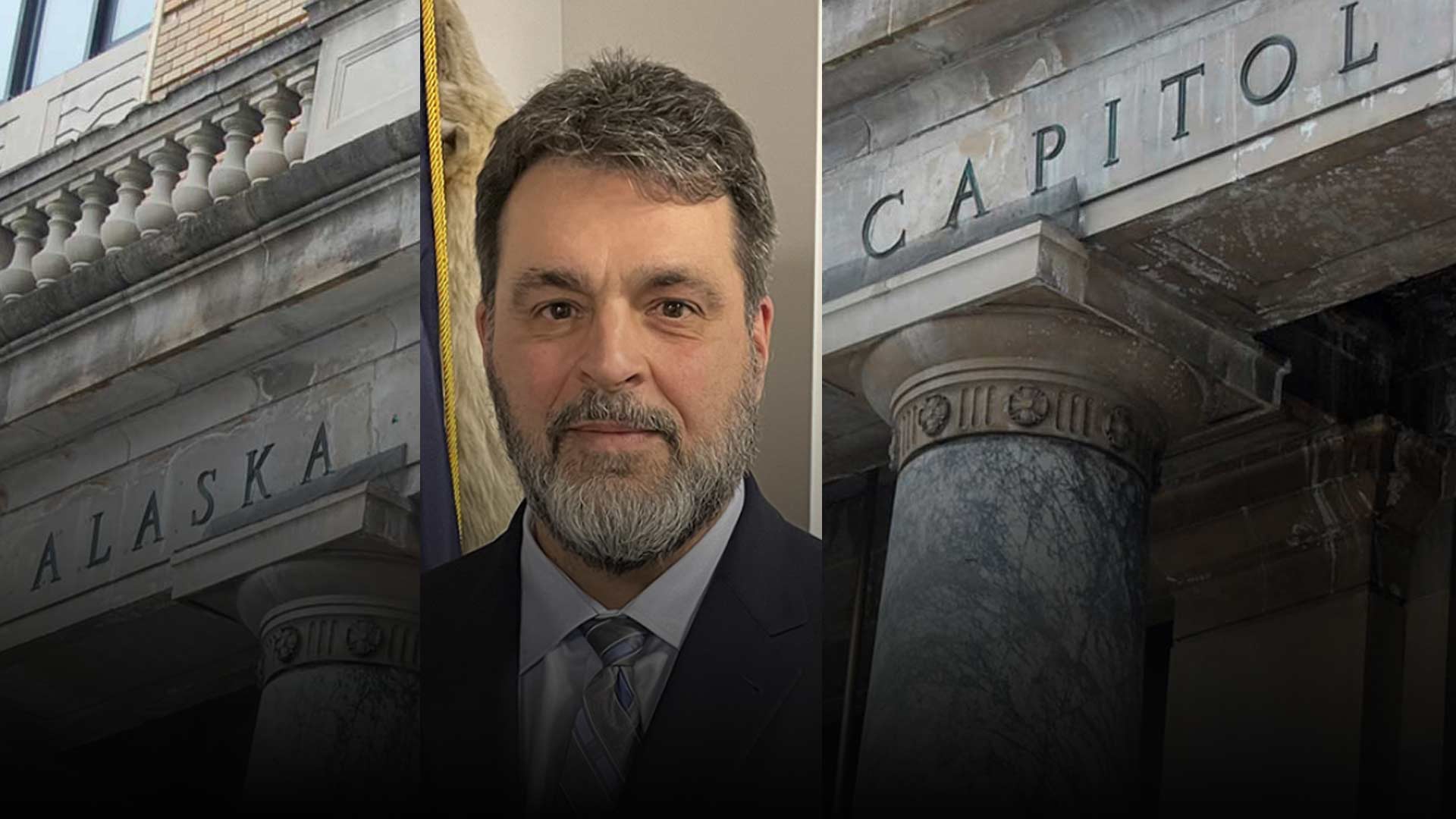
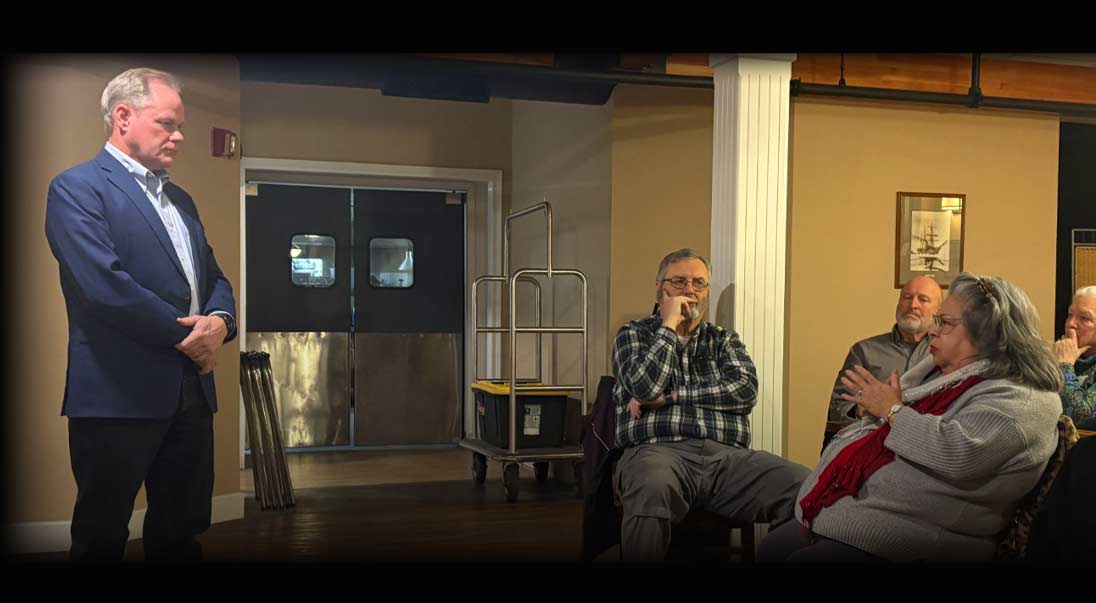



16 Comments
NOW WE ARE STARING THE BEAST IN THE EYE…. THE GHISLANE MAXWELL TRIAL MUST NOT. BE BURIED. CHILDREN ARE BEING BRUTALLY MURDERED ON THE. ALTER OF MOLECH AND THEN CONSUMED BY THE DEMONS WHO FOLLOW HIM. SHINE A LIGHT WATCHMAN OPEN THIS CAN OF WORMS AS GOD GUIDES US… child trafficking is just a polite. name as the satanic devour our babies.
“When it comes to combating child sex trafficking, Alaska is worst in the nation.” Not true.
The native villages are the worst in the nation. The natives claim to be sovereign. Let them solve their own problems, but don’t label the whole state with a native problem.
Talk about a racist, as an Alaskan Native woman, I disagree with you, it is not just a problem in the villages, look around Anchorage you fool.
Look at the data and see where most of the sex crimes are committed. This is not new information.
There are two fairly new ministries/organizations that have been started to combat trafficking. Priceless is based in Anchorage,
http://www.pricelessalaska.com, and a Love Justice international branch that just began and I do not have web address. You can support financially, or volunteer.
There is no fence to sit on Joel, In this subject matter but I do understand why as. a businessman you wont go where. I took. this.
GOD sees all and the satanic will be revealed as they are, The end and the start of the line in this evil of stolen lives and tortured. children.
Nothing will be hidden. Thank you for your article.
2nd worse crime to child torture , sex trafficking the title is too soft. Our govt is involved in every heinous crime..https://www.stateofthenation.co/wp-content/uploads/2021/10/Exemption-List-Handout.pdf
I like how we are going after these sex traffickers with more laws, meanwhile ASD grooms children with gay porn available in the school library. The teachers Union protects the chesters that are employed through ASD. MOA grooms children with sex talks from our favorite obese balding assembly member and adult sex entertainers in the public library. Yes these things are all connected.
Thank you Elizabeth for posting some links. I fully want to participate in ending this corruption and the links are a good beginning point. Alot of us live in small communities. trafficking sources are found by following the money in these communities. Our town is so corrupt it’s beyond disgusting and we are working on putting them on our 86 list. Old money dies hard and we are going to need support. Does anybody know of any support groups for those who are doing the work? We need to get information out on what people need to be looking for. THIS HAS GOT TO STOP!
Make me mad as hell
Deanna Bishop, 300k$ a year allowed the book queer gender on the library shelves of anchorage schools!
When brought to her attention. Meh “I will have a committee look into it and let them decide “!
Gay pornography with pics of boys sucking another boys penis.
With the highly paid superintendents meh response is it a reach to believe and accuse the anchorage school system of grooming children for the pedophile population?!
Mad as hell
They are coming in from our Northern borders.. Dutch Harbor, Canada
Blame Joe Biden and his open border policy for the human SLAVERY sex trafficking in our country!
A $150 billion industry worldwide!
President Trump had the wall almost finished, had enforced strict immigration policies! When Biden stole the presidential election, he reversed this law and all the rest of the laws that President Trump passed.
Biden and his administration encouraged all the illegals to walk into our country, and allow them to ignore our immigration laws, allowed them to ignore their identity, and allowed them to ignore the diseases they have! BIDEN AND HIS ADMINISTRATION ONLY WANTED THEIR VOTES AND DID NOT CARE ABOUT THE AMERICAN PEOPLE!
Biden is responsible for the illegal human sex trafficking in our country!
What other country does this?????
THE LEFTIST DEMOCRAT BIDEN ADMINISTRATION IS A DISGRACE TO OUR COUNTRY!
You must vote REPUBLICAN to save our republic.
Illegals are coming to Alaska from the Northern border. They come from Dutch Harbor and from the Canadian border.
BIDEN’S “LEFTIST” LUNATIC DEMOCRAT OPEN BORDERS POLICY, IS A VERY LARGE CONTRIBUTING FACTOR TO THIS PROBLEM!
You must vote REPUBLICAN to save our republic!
It goes too far! This trafficking of Alaskan children is already known as far as in Mexico. I read a report about 5 girls from Wasilla being rescued from vicious pimp in Tijuana. My question where did they get money to get there? Don’t tell me it is easy to get to San Diego for 5 Alaskan teens, and cross the border with Mexico. Where did they get passports? Why would they have passports? Who in a right mind would travel outside the US? I never had a passport, what for? God Bless America, the best place on the planet. Brothers and sisters, never leave our home, the United States. Satan is all over beyond our borders. Amen!
There is an eye opening show on rumbledotcom, when in rumble use the search bar and type in “biden and obama raped me”, the show is called the Stew Peters Show and its shocking what is happening, we dont see it or hear of it only when articles like this one come out. Thank you alaskawatchman.